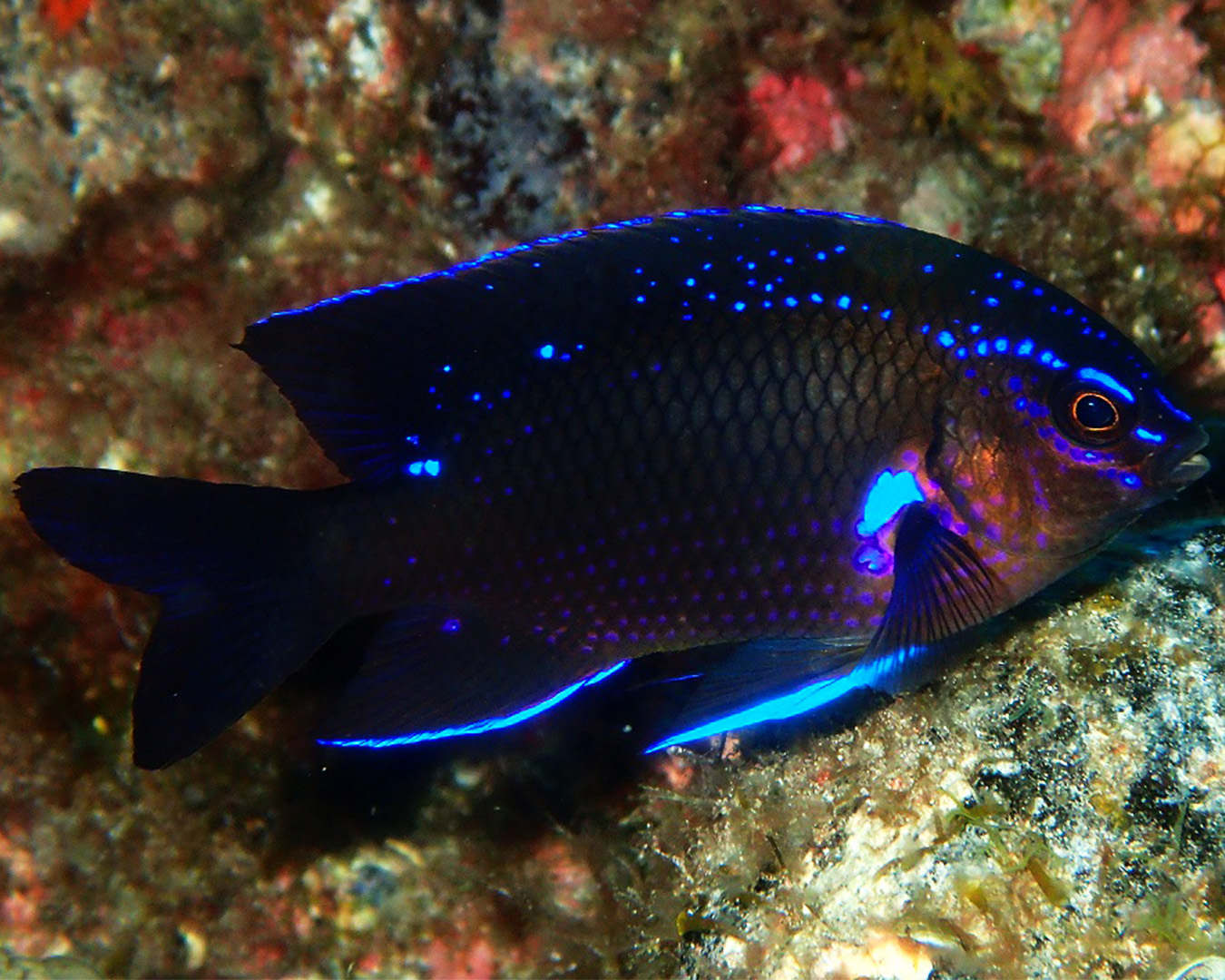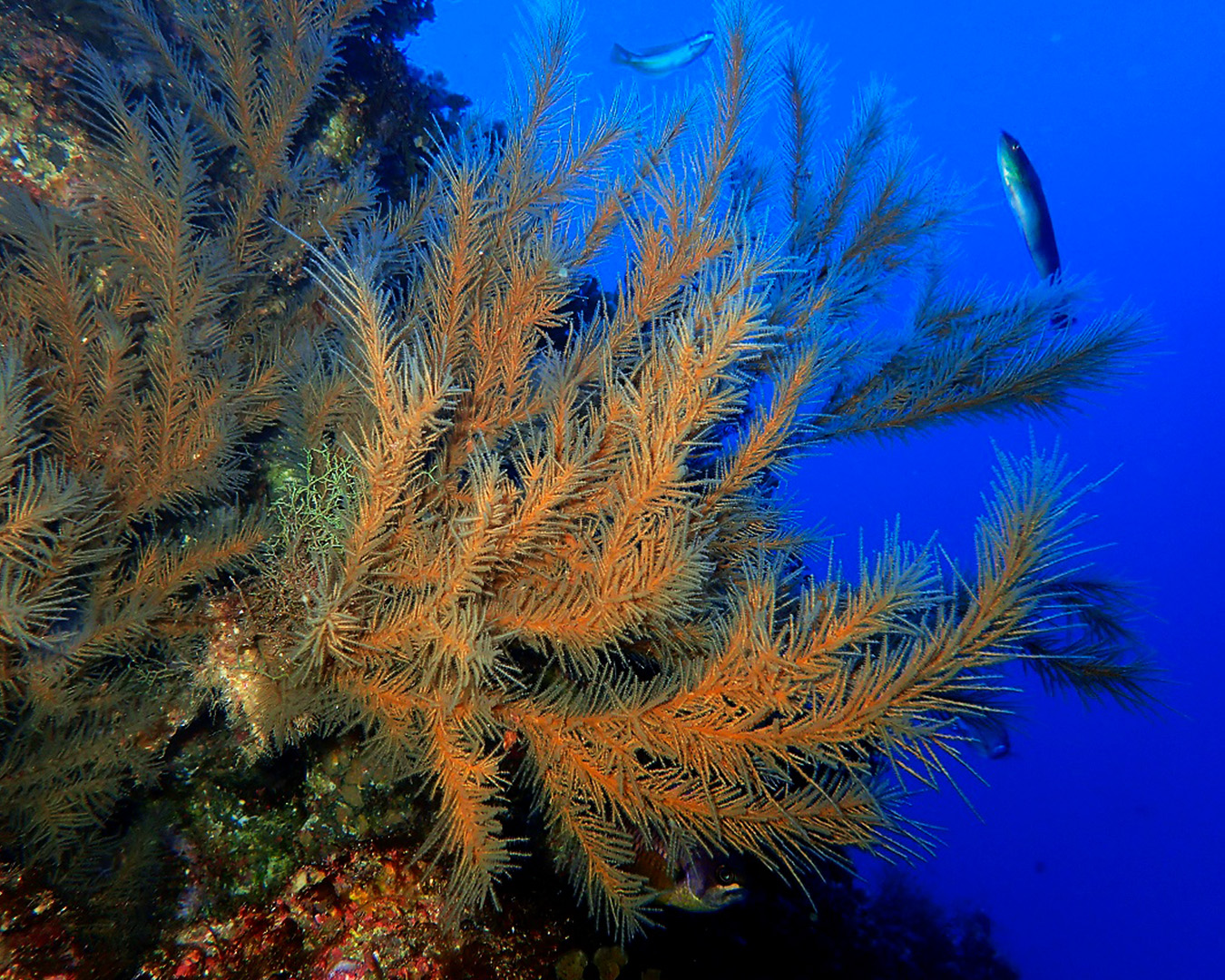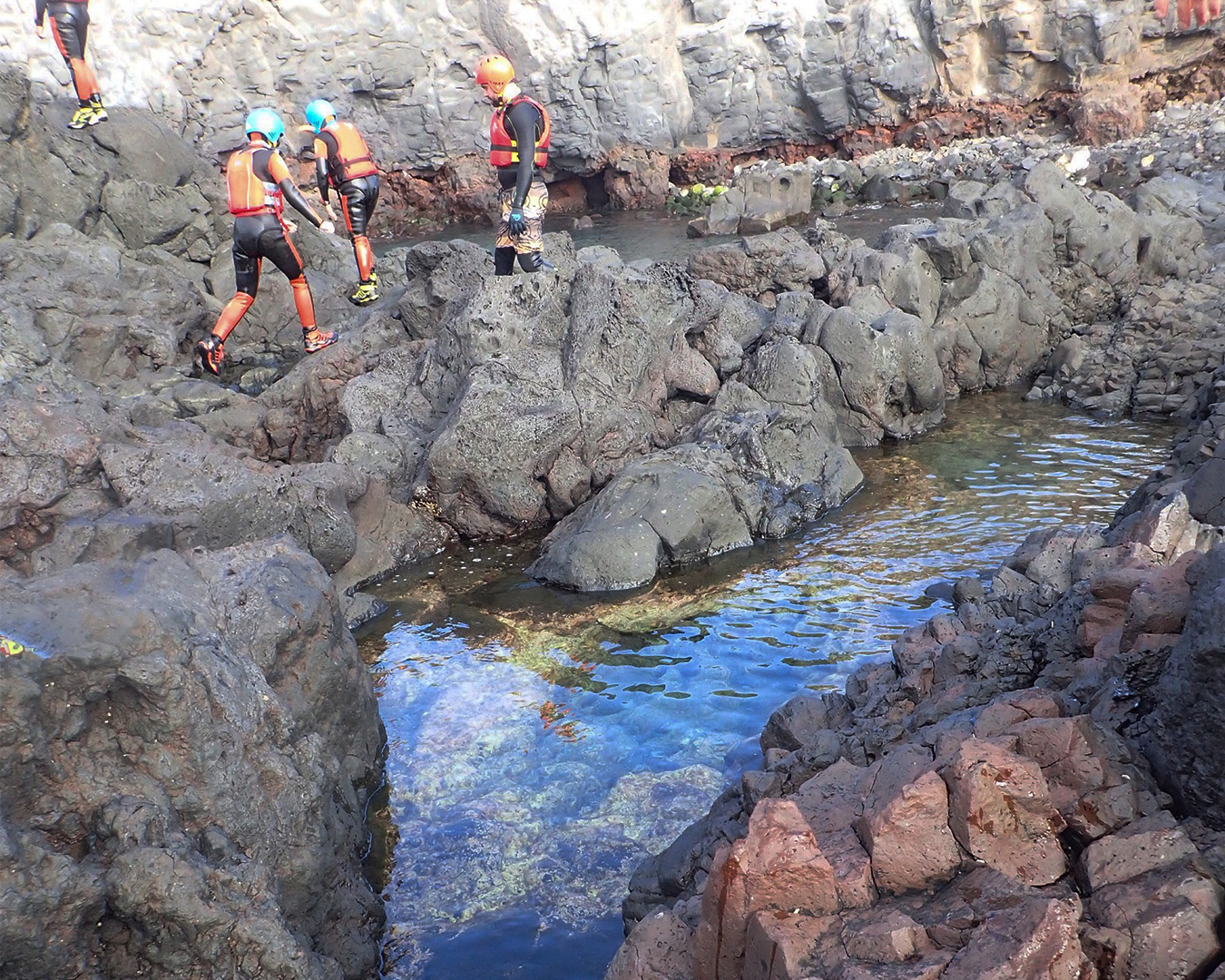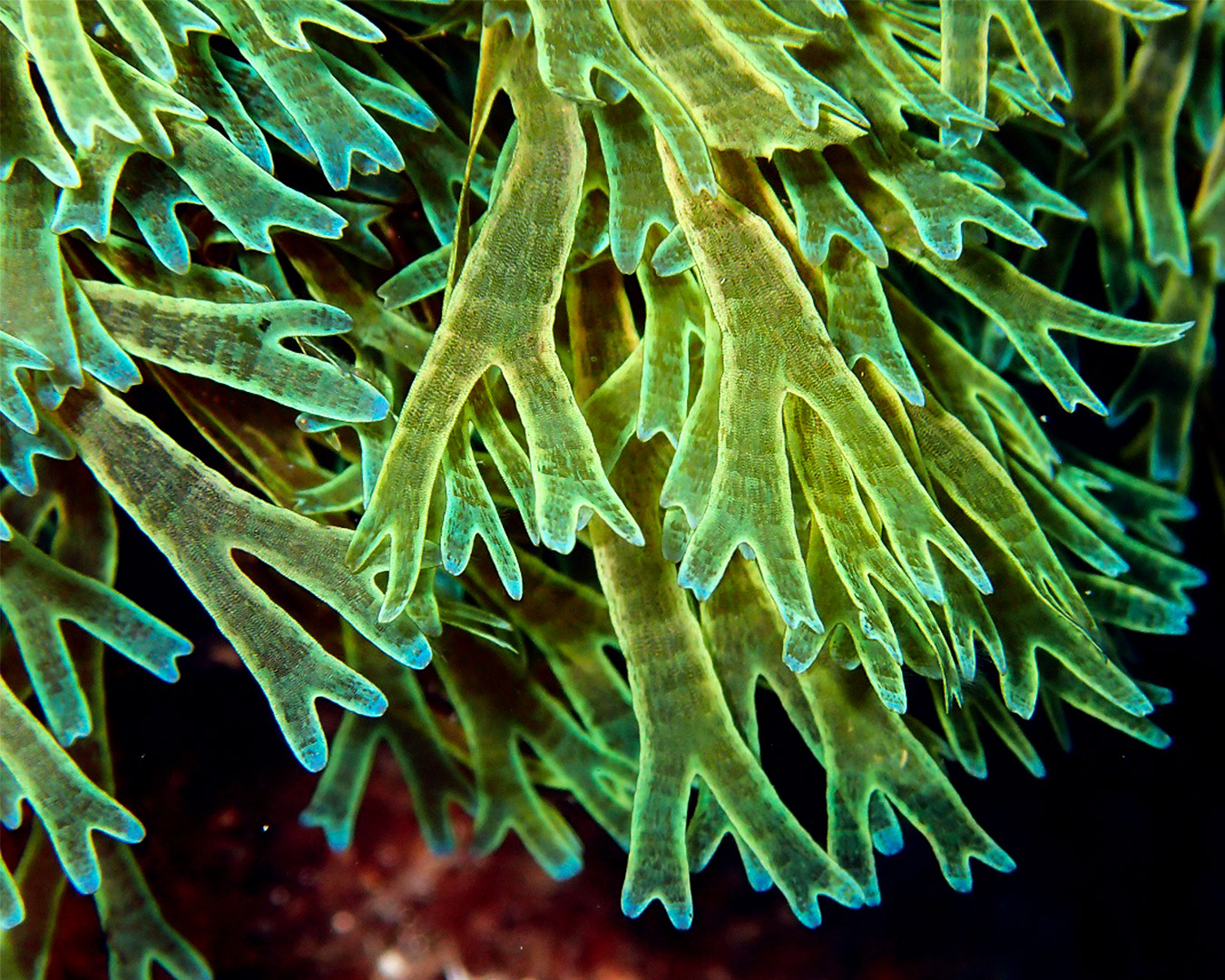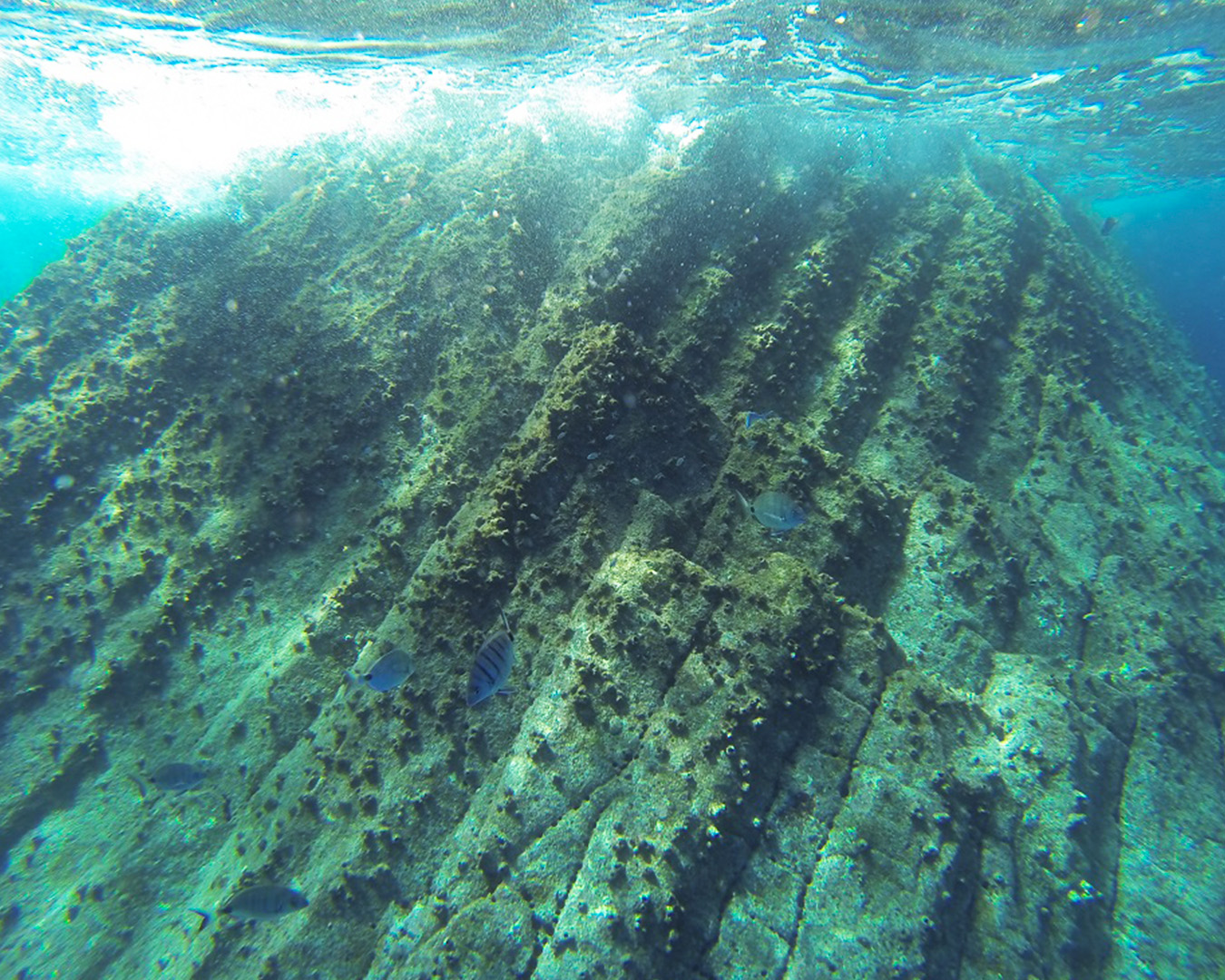
| Acronym: | SCAPETOUR |
| Cost Center: | 864 |
| Operation Code: | ACORES-01-0145-FEDER-000083 |
| Title: | Promotion of coastal and marine landscapes for the diversification of tourist products |
| Start-End: | 06-05-2019 - 30-06-2023 |
| Entidade Beneficiária Principal: | Fundação Gaspar Frutuoso |
| Gestores da FGF: | Lúcia Cláudio |
| Responsible Researcher: | Andrea Zita Costa Botelho |
| Organic Units: | FCT - Faculdade de Ciências e Tecnologia |
| R&D Units: | CIBIO-A - Centro de Investigação em Biodiversidade e Recursos Genéticos |
| Entidade | Montante |
|---|---|
| Total Eligible Cost | 186.394,50 € |
| Direção Regional da Ciência e da Tecnologia (15.0 %) | 27.959,17 € |
| PO Açores 2020 - FEDER (85.0 %) | 158.435,33 € |
Main Objectives:
The main objective of the SCAPETOUR project is to increase quality scientific production oriented towards intelligent specialization, promote nature tourism in the Azores, using coastal and underwater resources, through the evaluation and design of ecotourism routes for coastal and maritime tourist activities (e.g. coasteering, canyoning, diving).
The objectives of the SCAPETOUR project are:
i) Assessment of marine landscapes for tourism and conservation purposes;
ii) Development of a methodology for valuing marine landscapes that can be exported and adapted to other geographic realities
iii) Inclusion of new coastal and marine geosites and reassessment of existing ones in the UNESCO Global Geopark in the Azores
iv) Detailed characterization of coastal and underwater trails and sectoral analysis
v) Presentation of innovation proposals for products integrated in coastal or maritime tourism
vi) Contribution to sustainability goals
vii) Contribution to ocean literacy
Project Description:
The Azores Archipelago has a high potential for differentiating tourism at an international level, due to its distinctive and unique characteristics and its natural beauty. The tourism sector has been considered a strategic priority for the development of the regional economy, which has prospered in the Azores, and has achieved several international awards and recommendations. The Azores are internationally recognized in specialized publications, as an exotic destination and one of the best nature tourism destinations in the world, due to its natural heritage and sustainability factors (OTA, 2011; IPDT, 2016).
Nature tourism products have increased in recent years, showing some diversification in marine and coastal environments (Rangel-Oliveira et al, 2011). Boat trips, diving, snorkeling, coasteering, surfing, whale and dolphin watching, sport fishing, geotourism, canyoning, seabird watching are just some of the recent tourist products. However, there is a lack of interactions between the areas of knowledge that can be used in the process of innovation and international differentiation of the maritime tourism offer in the Azores. The creation of unique experiences is extremely important for the definition of high quality products. The demands of a demanding and highly educated ecotourist visiting the Azores (Bentz et al., 2016) also require the development of new products to satisfy the identified information gaps.
In the Azores, strategies related to tourism must always have an underlying environmental sustainability, covering different topics, such as natural heritage, environmental services, protection of ecosystems, among others. Scuba diving is among the three preferred activities of tourists visiting the Azores (Queiroz et al, 2014), but other activities, such as coasteering / canyoning, still do not take enough advantage of the local natural, biological and geological heritage. Tourist activities must be differentiated, informative and educational, creating robust and unique experiences, something that is still lacking in the tourist offer available in the Azores.
Since the Azores archipelago has a unique set of scenic and aesthetic characteristics, biodiversity and geodiversity with great attractiveness and enormous tourist potential, with scientific and educational benefits, it is important to improve the quality of tourist products. The cooperation provided for in this proposal will make it possible to meet the demand for scientific support from some interested parties, given the lack of information on coastal and underwater seascapes, in particular their biological or geological values.
Educational or informative content for the general public, about maritime landscapes / geodiversity and their regional and international importance, and also about coastal / marine fauna and flora, are often non-existent, not available or scattered information. The SCAPETOUR project will add scientific contributions to the educational and informative content of nature tourism products, increasing the quality of the information disseminated and the quality of the products.
The SCAPETOUR project aims to promote nature tourism in the Azores, using coastal and marine resources, through the assessment and design of ecotourism routes for coastal and maritime tourist activities. The marine or marine coastal landscape within the scope of this proposal is not yet valued in relation to several other criteria that combine naturalness, tourist perception and importance for marine life (fauna and flora). The SCAPETOUR project aims to promote a qualified offer that, in a sustainable way, allows the use of the valuable geological and biological heritage that differentiates the Azores from other island destinations.
Results:
1 Seminar/Conference; 3 Scientific articles - National/International; 1 Book; 2 Oral communications at conferences - National/International; 3 Reports; 1 Species ID cards; 4 Video/teasers; 1 Documentary; 1 Website – SCAPETOUR.


